International organizations say inflation and poor harvests have pushed Haiti to its worst-ever level of food insecurity, with many desperate residents facing armed groups seizing land and destroying crops.
"The growing hunger is fueling a security crisis that is devastating the country. We need urgent action now rather than waiting for a large-scale response," said Jean-Martin Bauer, director of the UN World Food Programme (WFB) in Haiti.
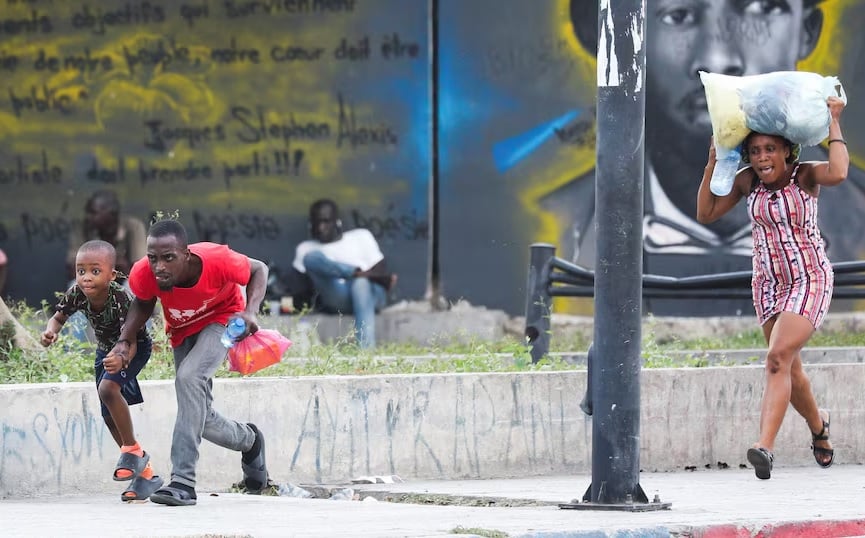
People flee gang violence in Port-au-Prince, Haiti on March 21, 2024. Photo: Reuters
The Integrated Food Security Phase Classification (IPC) Programme - which sets the hunger scale used by the United Nations - said in a report that about 4.97 million people in Haiti's total population of about 11.5 million are facing crisis or worse levels of food insecurity.
Accordingly, there are currently eight areas assessed as being in the emergency phase - the worst level before famine, including the Artibonite valley, rural areas of the Grand-Anse peninsula and neighborhoods of the Haitian capital such as the impoverished Cite Soleil district.
Of the above areas, the Artibonite Valley is Haiti's agricultural heartland, which has been heavily attacked by gangs expanding from the capital Port-au-Prince.
The IPC report found that only 5% of Haitians received humanitarian food aid, and the WFP said these operations were "poorly funded".
More than 30,000 people have fled violence in the capital in just two weeks this month, according to UN data. Most of them have lost their homes and are living in camps or with other families.
Authorities in the neighboring Dominican Republic, which has deported tens of thousands of Haitian migrants, said they were not in agreement with a United Nations-backed air route to deliver aid to Haiti. They said the air route was for evacuating foreigners.
Laurent Uwumuremyi, head of the Haiti branch of the aid group Mercy Corps, said gangs now control nearly 90 percent of the capital, leading to a shutdown of the most basic services such as infrastructure and essential supplies. Hospitals are also on the brink of collapse.
"Even in areas like the upscale Petion-Ville neighborhood, people are still barricaded in their homes. If the current humanitarian crisis continues to worsen without any effort to resolve it, Port-au-Prince will soon be buried," he said.
Ngoc Anh (according to Reuters)
Source


![[Photo] President Luong Cuong chaired the welcoming ceremony and held talks with United Nations Secretary-General Antonio Guterres](https://vphoto.vietnam.vn/thumb/1200x675/vietnam/resource/IMAGE/2025/10/24/1761304699186_ndo_br_1-jpg.webp)
![[Photo] Solemn funeral of former Vice Chairman of the Council of Ministers Tran Phuong](https://vphoto.vietnam.vn/thumb/1200x675/vietnam/resource/IMAGE/2025/10/24/1761295093441_tang-le-tran-phuong-1998-4576-jpg.webp)


![[Photo] Prime Minister Pham Minh Chinh chairs conference on breakthrough solutions for social housing development](https://vphoto.vietnam.vn/thumb/1200x675/vietnam/resource/IMAGE/2025/10/24/1761294193033_dsc-0146-7834-jpg.webp)
![[Photo] Prime Minister Pham Minh Chinh and South African President Matamela Cyril Ramaphosa attend the business forum](https://vphoto.vietnam.vn/thumb/1200x675/vietnam/resource/IMAGE/2025/10/24/1761302295638_dsc-0409-jpg.webp)
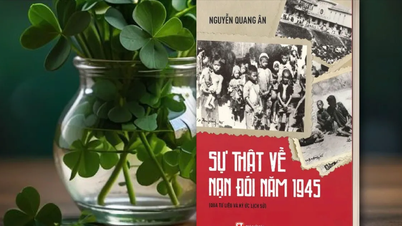

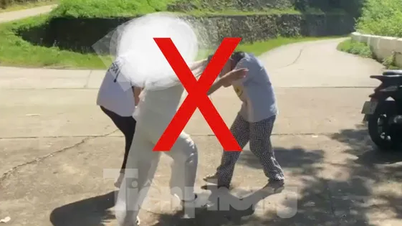



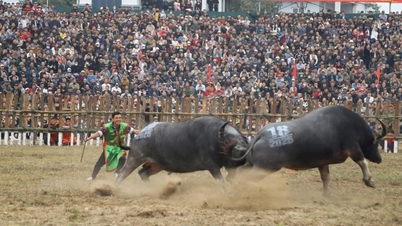

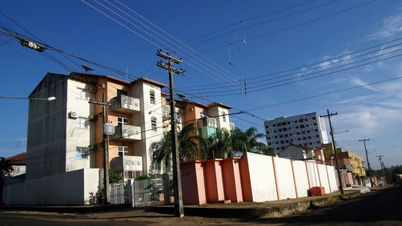
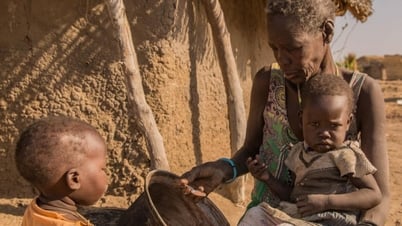
















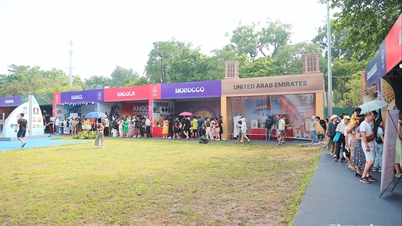








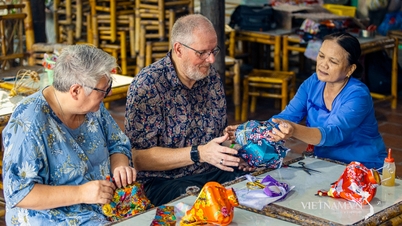



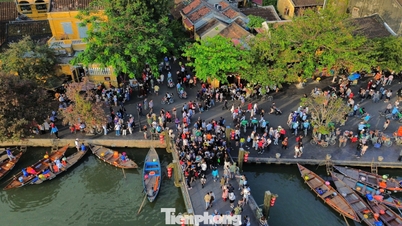


































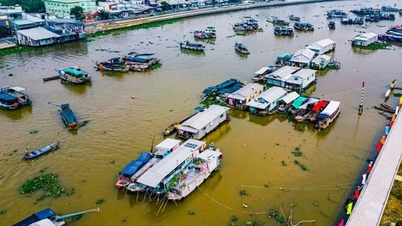

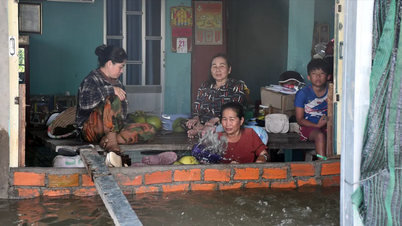




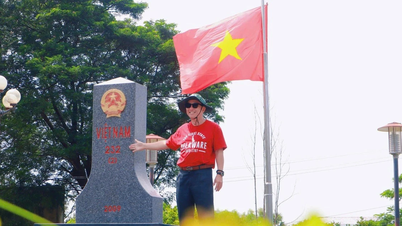















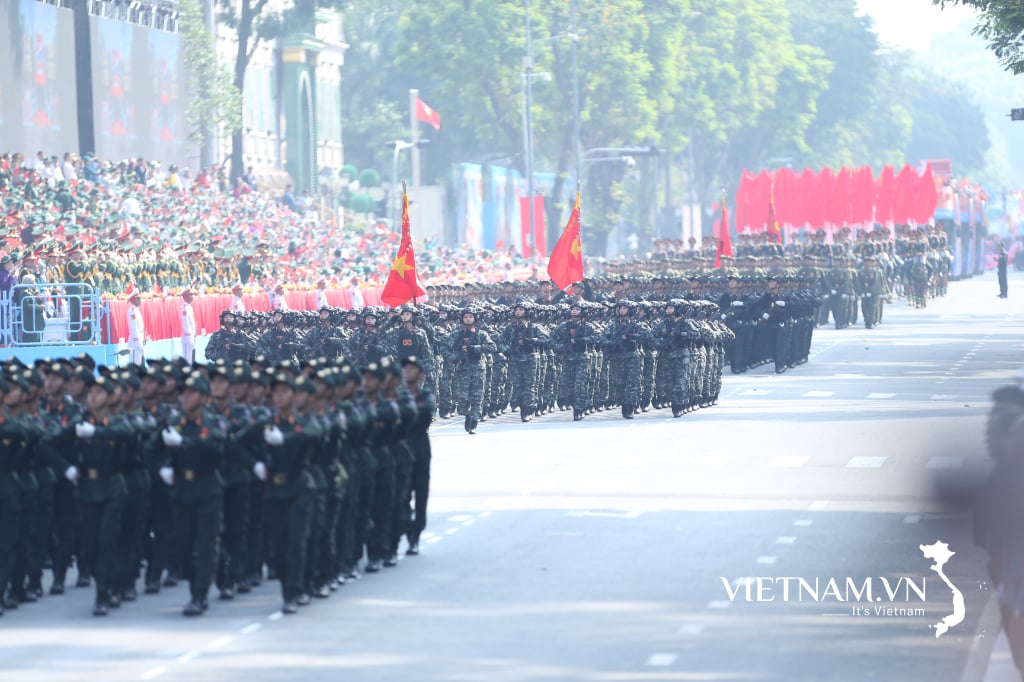


Comment (0)